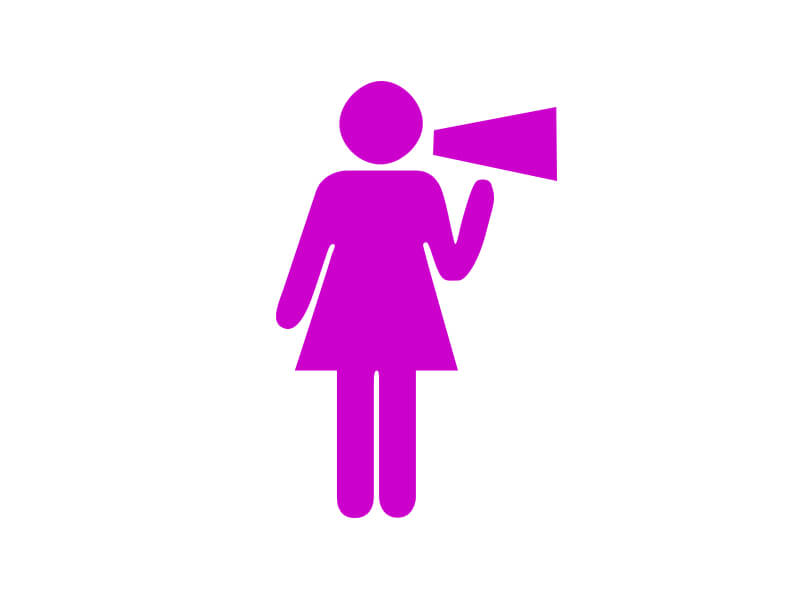If you are a female film maker then no doubt what follows is not news. The industry, it would seems, has little space for female directors. A quick perusal of the landscape unfortunately yields not too many female names at the helm of film projects.
The problem is partly sociological and societal. Historically, women’s voices and visions were neither celebrated nor promoted. They were either denigrated or just plainly ignored. As a result women have had to work firstly very hard to gain equal footing as their male counterparts. Fighting for equality had unfortunately taken away precious time and energy which would have otherwise gone towards developing the female voice in film.
But although this shows how women had to play catch up in the film industry, it does not explain why there are so few female directors in comparison to the number of female, writers, actors and producers working today. Indeed, female actors are starting to match and lately, are even beginning to outperform their male counterparts in terms of box office success. Female writers and screenwriters are present both at the studio as well as the independent level and in plentiful numbers. Female producers are some of the most formidable and successful producers in the industry. So why again has directing lagged behind?
I’m going to propose something here based on personal experience. The issue I think, finally, is prejudice.
Making films is a high risk enterprise. Given the sheer number of people and jobs and components that are all part of making a single film product, any number of things can and in fact often do go wrong. If you are in charge of producing a film therefore you naturally would want nothing but the very best players on your team. This is not a time to test the newcomer or the unproven, you want to go for what is certain, you want to go for the ones you trust will at least keep it all together when things go south.
And this is exactly when prejudice kicks in. Men are perceived to be better at leading, at keeping things under control and at maintaining disciple. As a consequence, the top job of director would be given to a male. Women in sum, do not make good directors for the same reasons that people think they do not make good CEO’s: they simply lack – or at least do not have enough – qualities such as leadership, control, discipline.
This, coupled with the lack of precedent, has contributed to women falling so behind in the directing game. It is neither lack or passion, vision, nor tenacity but rather the prejudicial preferences of those in positions of power.
Budding female film makers are presented with unique opportunities today to change this landscape. The relative ease of making short films as well as access to technology has provided women with the tools to venture into new ground. And already because of this the Independent Film sector is starting to witness a healthy stream of female directors eager to break the misconceptions and prejudices of the past. By definition, independent films are cheaper and by implication less risky to make. Therefore it is not surprising that this where the biggest shifts have started to be seen.
These women are carving new ground for us all so that one day very soon we no longer have to dedicate separate sections to sites like this to address the gender issue.

